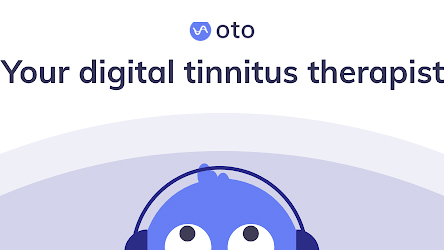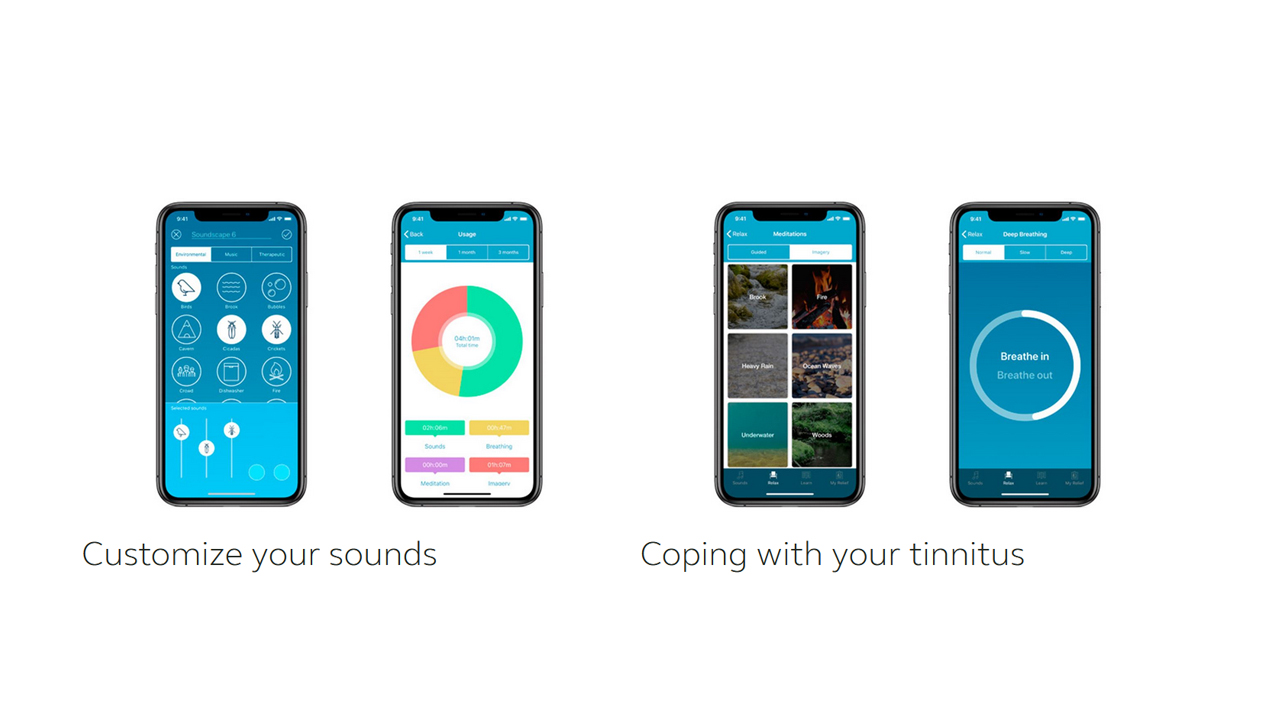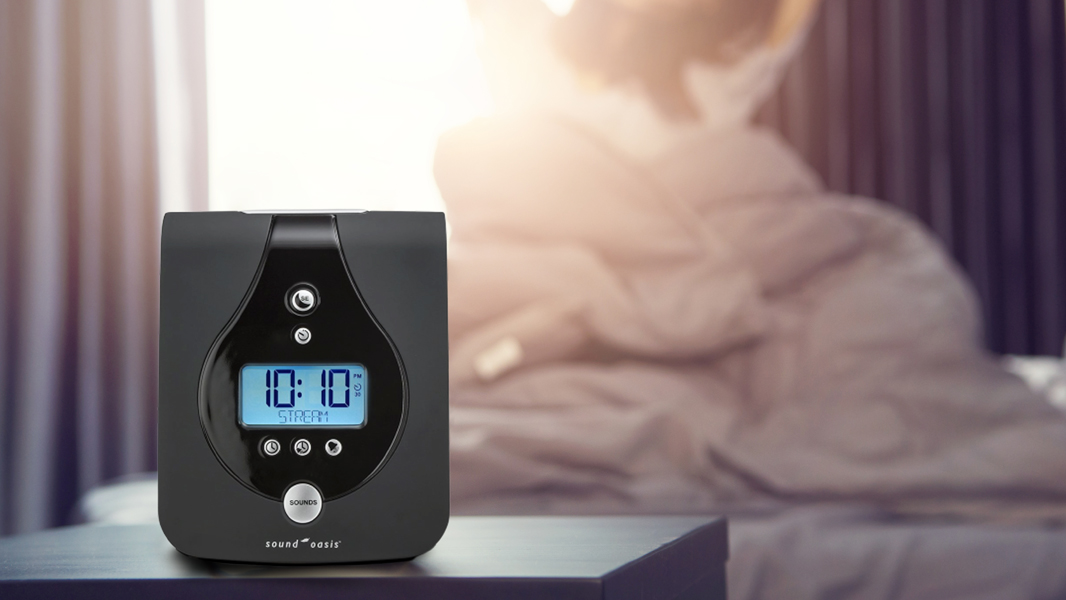Cutting through the noise: managing tinnitus with tech
Can tech drown out the din?

For those who don’t have it, it can be difficult to imagine – for those who do, it can be impossible to forget.
The perpetual noise in the inner ear we call tinnitus comes in a wide variety of forms. Some experience hissing, for others it is a ringing or a buzzing, or any combination of the above. The only constant is that it never leaves.
Naturally, it drives most who have it to distraction, with flare ups caused by stress or other triggers. With advancements in the technology that we carry around, more and more options are arriving which claim to alleviate symptoms at the very least – but can these be trusted?
- Check out the best headphones of 2020
Drowning the din
The variety of products which claim efficacy in treating tinnitus can be, at first, a little overwhelming. These range from the daft (stick some shaped rubber in your ear and hope for the best, pencils up the nose and ‘wobble’ not required) to the comprehensive (apps with full treatment schedules).
Whatever ability these may have is tempered by the unfortunate medical fact that there is no accepted general cause of tinnitus. Every case is, in a sense, unique. It is theorized by the Harvard Medical School that, much like playing with the EQ settings on a boombox, tinnitus can be understood as the brain turning up the ‘gain’ on a missing audio frequency, maybe following trauma to the ear (i.e. after extended exposure to loud sounds). This then produces the common hissing sound.
This is not a universally accepted cause, especially as many cases are peculiar to the sufferer. As we do not understand the source, it makes producing any generally effective cure nigh on impossible.

What product choices do exist are there solely to manage symptoms, which by no means diminishes their value however.
Sign up for breaking news, reviews, opinion, top tech deals, and more.
Whether software or hardware, these typically focus on the use of various ‘colored’ noises or ambient noise (birdsong, forest noises) to mask the din, or offer help with wellbeing and general lifestyle tips to manage tinnitus triggers, such as stress.
“The term ‘masking’ really means a distraction from tinnitus,” explains Kevin Taylor, Technology Information and Communications Lead at the Royal National Institute for the Deaf (formerly Action on Hearing Loss). “It certainly is not a cure, and while masking is not effective for everyone, many find it beneficial. Tinnitus can be worse at night, when it’s quiet, or when stressed. It can also change over time. The idea is to play the masking sound at a level that is comfortable. People with tinnitus may not necessarily have hearing loss, but many do.”
How effective masking can be will depend heavily on your personal situation. From the colored noises for example, we found ‘violet’ to be helpful in managing the pitch of the noise, but the wellbeing options were a little too general with their advice in order to be of immediate use.

Apps ahoy
The success of masking with ‘violet noise’ was found via Oto, an app first launched in January 2020. Oto focuses on delivering modules which provide advice on living with tinnitus. These are broken down into varying levels of complexity, from Foundation to more advanced levels. A common theme with the apps begins here, which is the initial free Foundation course ending with a paywall. The app is well presented and establishes an important theme, regaining control over the noise – but not being upfront with the financial requirement does lose it some trust.
Oto presents a strong focus on wellbeing exercises too. The utility of these will depend enormously on how much time you have available to you.
ReSound Relief also proved to be an effective option, though with a slightly less polished presentation than Oto. It focuses on giving more tools to the user to manage their condition more directly, in a less curated manner. This app offers a number of more advanced functions for managing tinnitus, and it is these that are locked behind the paywall. For most, the standard free level will provide enough help to make a difference.

Above and beyond
Beyond these apps, which provide a more curated experience, there are further options. YouTube has a galaxy of videos playing noises from across the observable spectrum of colors and beyond which claim to cure/aid tinnitus. There are also dedicated speakers, alarm clocks, CDs, headphones and more, each of which attests some capacity to aid with the condition. There are even fans which produce a dedicated whining noise to drown out the din. Companies such as SoundOasis have a variety of such offerings available.
A common theme however, especially for those experiencing their first onset of tinnitus, is the importance of medical advice. tinnitus may be a symptom of wider hearing loss, or more significant issues with the inner ear (Ménière's disease, for example), and as such it is crucial to receive a professional diagnosis.
While no cure might exist as of yet, many options do exist to help manage tinnitus, and there is still hope. The British Tinnitus Association has awarded £125,000 (about $160,000 / AU$220,000) to King’s College London and the University of Nottingham for a two-year study which aims to identify tinnitus biomarkers. This could potentially lead the way in providing an objective diagnosis both of tinnitus and its severity in the individual affected.
So, whatever the sound, trial and error is key. While there isn’t a cure, there are more options now to help manage the condition than ever before – a fact worth at least a little celebration.
Sean is a Scottish technology journalist who's written for the likes of T3, Trusted Reviews, TechAdvisor and Expert Reviews.